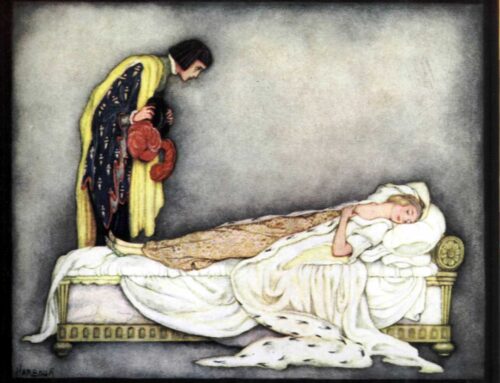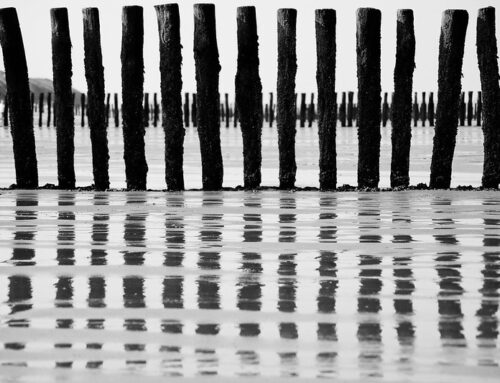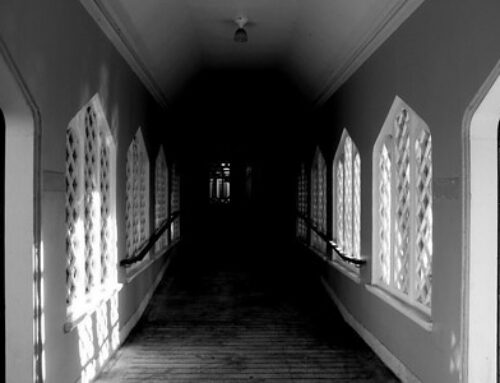Author: J. Hollendonner
Edited: C. Kays, S. Woien
5 minute read…
“We become just by doing just actions, temperate by doing temperate actions, brave by doing brave actions.” Aristotle (Nicomachean Ethics)
When you think of courage, what comes to mind? For some, it might be the idea of standing up for someone who is unable to defend themselves, running into a burning building to save a stranger, or showing up to a job interview you have prepared your whole life for and somehow still don’t feel ready for yet. While these are likely some of the ways in which we might think of courage, they are seemingly unattainable or due solely to chance. In other words, courage seems to be something beyond our control. Could it be possible that courage is something entirely within our control? Aristotle, on one hand, says it is simply a matter of virtue. It is something we possess within us as some feeling, capacity, or state of being. And because it is a virtue, he says, it is formed over time through habit.
Courage is formed by nurture rather than nature. While we aren’t born with it, each and every one of us can obtain it. What a relief! Now we can nurture and foster our own sense of courage over time, rather than lamenting any inherent inadequacies. For those who don’t have frequent opportunities to run into burning buildings, we can start small. Perhaps it begins with simply saying what we believe and continues on from there. If we imagine our childhood, what might we picture? Most of us might not remember our first steps but we might remember an afternoon at the park or local pool, when we decided to venture over to the deep end or to slide down the big slide. And suddenly we are teenagers, asking our first significant other out on a date or asking our teacher for a tutor because we think we need some help in math class. All of these are instances of courage. They seem small but they are mighty, for they are the building blocks that allow us to make the tough decisions as adults.
 When we get older, problems often become a bit more complicated. And some of us might have had to grow up too soon. When we face problems today, there may be anxiety, apprehension, PTSD, or other psychological barriers that hinder us from grasping the full breadth of our courage, but it’s there. We simply have to continue to build the habit.
When we get older, problems often become a bit more complicated. And some of us might have had to grow up too soon. When we face problems today, there may be anxiety, apprehension, PTSD, or other psychological barriers that hinder us from grasping the full breadth of our courage, but it’s there. We simply have to continue to build the habit.
“Hence whoever stands firm against the right things and fears the right things, for the right end, in the right way, at the right time, and is correspondingly confident, is the brave person” Aristotle (Nicomachean Ethics)
On a daily basis we are faced with small chances to make the braver decision. We have the chance to get out of our comfort zone. That’s all it takes, a step by step habit. We can make the decision every day to do something outside of our comfort zone. This will look different for everyone and can be much more difficult than it sounds, but it’s doable. In this way we might find that we are asking ourselves harder questions and viewing things with a changed perspective. For instance, we might no longer see our relationship with our boss as contentious but instead as an opportunity to ask for a raise or for a different shift. We might look at the fridge full of food we know we will never eat but for some reason keep around because in some strange way it comforts us–it’s familiar. We can start to empty that fridge and make room for the new! We might even begin to see every challenge in this way, not as a roadblock, but as an opportunity.
Perhaps the biggest perceived road-block is asking for help. For some, it is a significant one and seemingly becomes harder as we get older and carry the weight of the world on our shoulders. There are unwritten expectations for bravery in the face of all things, but the truth of the matter is that bravery is self-defined. It is more courageous to be the one who asks for help rather than trying to power through something on our own without any idea as to how we are to move forward. This makes life more difficult and puts us in precarious positions. Yet, power and courage reside in vulnerability.
If we begin to build our courage through habit, anything is possible. We can achieve our greatest desires and we might even surpass them! Some of us never had a reason to be brave before or were never taught that asking for help is a good thing, but being vulnerable is the path to courage. Allowing ourselves to acknowledge our weaknesses takes vulnerability. Without that we can’t make those tiny habit-forming steps towards a life full of possibility.
Challenge: Do one thing out of your comfort zone every day for 21 days. Courage can be small, wearing that red lipstick you’ve had for ages or bigger, like test driving a motorcycle. Either way, one little thing outside your comfort zone each day is sure to form the habit and build up our courage.
Photo Credits: (from top to bottom) “Courage des Femmes de Sparta” by Jean-Jacques-François Le Barbier, “Aristotle” by Eden, Janine, and Jim







Leave A Comment